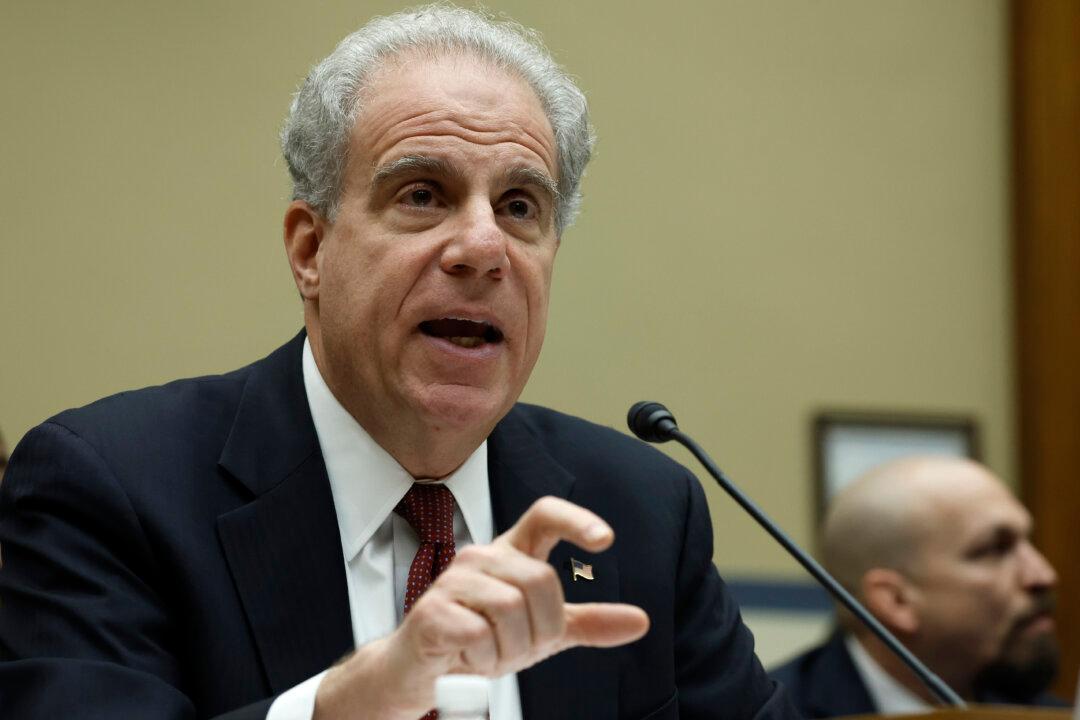About $38 million in federal pandemic assistance was issued to Social Security numbers belonging to more than 3,000 dead people in 2020 and 2021, a U.S. Inspector General team empaneled to probe fraud reported on May 11.
The disclosure was posted by the Pandemic Response Accountability Committee (PRAC) in a follow-up to a February report that determined 69,000 “questionable” Social Security numbers were used to obtain $5.4 billion in COVID-19 loans and grants from the Small Business Administration (SBA) and through the Paycheck Protection Program (PPP).





